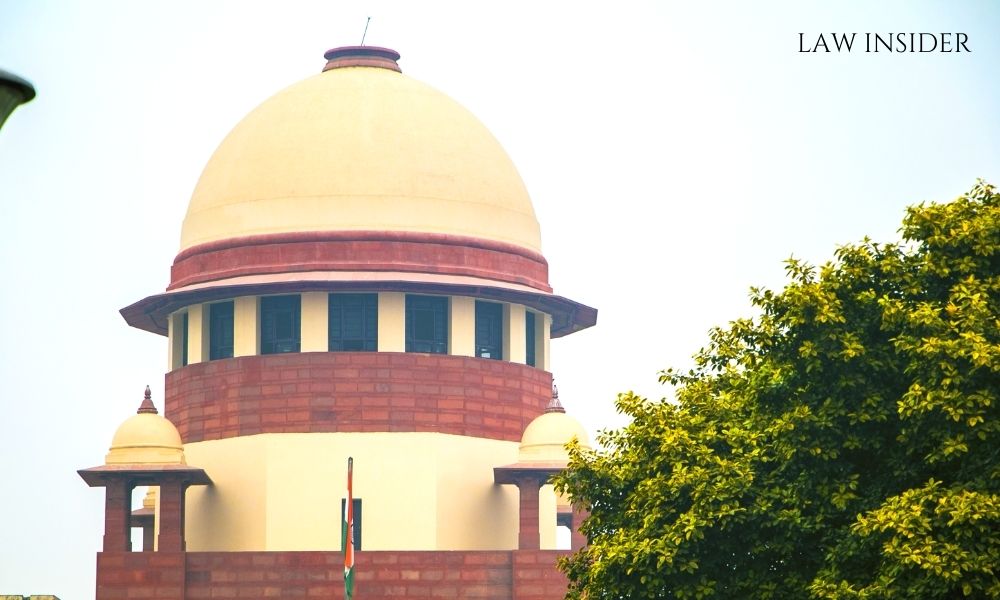LI Network
Published on: 12 August 2023 at 11:24 IST
The Supreme Court voiced its concern highlighting that a significant portion of government litigation lacks merit, burdening the judiciary with unnecessary workload.
The bench, comprised of Justices BR Gavai, PS Narasimha, and Prashant Kumar Mishra, pointed out that “approximately 70% of government litigation falls into the category of frivolous cases.“
The court further noted that despite promises of implementing a litigation policy, no substantial steps have been taken in that direction.
The court’s observations came as they dismissed a miscellaneous application (MA) submitted by the Union government in a case that had previously been concluded.
Justice Gavai even hinted at the possibility of imposing costs on the Central government due to the nature of the application, which appeared to be a review petition disguised as an MA.
The court had previously disapproved of such practices and had dismissed similar cases while imposing significant costs.
Justice Gavai remarked, “Around 70% of such cases are frivolous. If Union and States decide, they can address this. We only read in newspapers about litigation policy being considered, but…” He shared these comments while engaging with Additional Solicitor General Aishwarya Bhati during the proceedings.
In a separate instance, the bench emphasized that the submission of frivolous petitions unnecessarily strains their caseload. This isn’t the first time the Supreme Court has expressed concern over baseless government litigation contributing to the backlog of pending cases.
Earlier in May, Justice Gavai’s bench had indicated that roughly 40% of litigation pursued by both the Central and State governments is without substantial basis.
In April, CJI DY Chandrachud had suggested that the Central government prioritize mediation over litigation to resolve legal disputes.
He advocated for the Union government and its agencies to adopt a “mediate, not litigate” approach.

